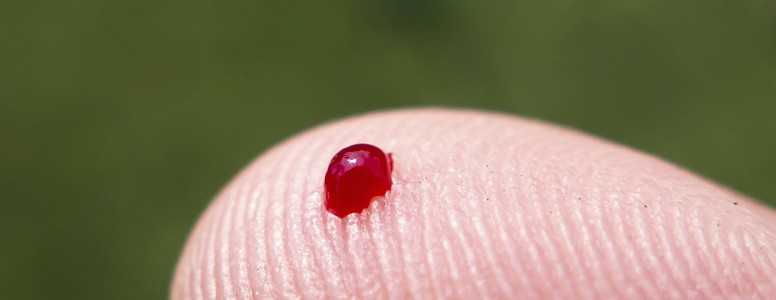A new blood test to help people with diabetes monitor their glucose levels more accurately has been unveiled.
It is thought the test might help prevent serious complications which can be associated with diabetes, such as diabetic nephropathy (kidney disease).
The technology, available at the University of Virginia Medical Center (UVA), can also diagnose diabetes, identify people at risk of diabetes and detect blood abnormalities such as sickle-cell disease.
Dr. David Bruns, from the UVA’s pathology department, said: “Diabetes is very prevalent in the US. It has a huge impact on the economy and on healthcare, and it is a chronic condition that creates burdens for those who have it.”
He said using this test, which is a more accurate version of the HbA1C test, will help show “that something is working, or something that is maybe not working very well and it should be changed”.
Researchers have developed this new test because they say people with diabetes do not cope well with knowing when the right time to change their insulin regimen is, which helps to keep the right blood glucose levels.
The test uses a technique known as capillary electrophoresis, which simultaneously allows measurement of HbA1C and detection of abnormal inherited hemoglobins that may be present.
Bruns said: “In the past, the HbA1C test was used solely for monitoring blood sugar levels, allowing for better adjustment of medication. Now, physicians also use the test to diagnose diabetes without the need for a fasting sample or drinking a glucose solution for a glucose tolerance test.”
What's new on the forum? ⭐️
Get our free newsletters
Stay up to date with the latest news, research and breakthroughs.






